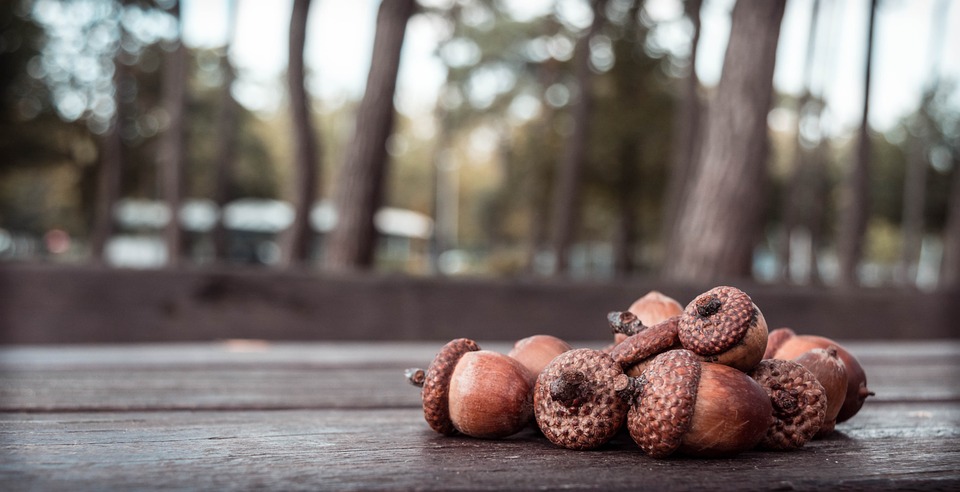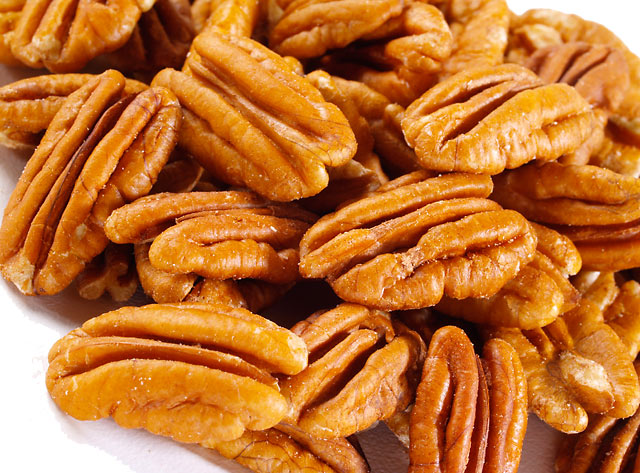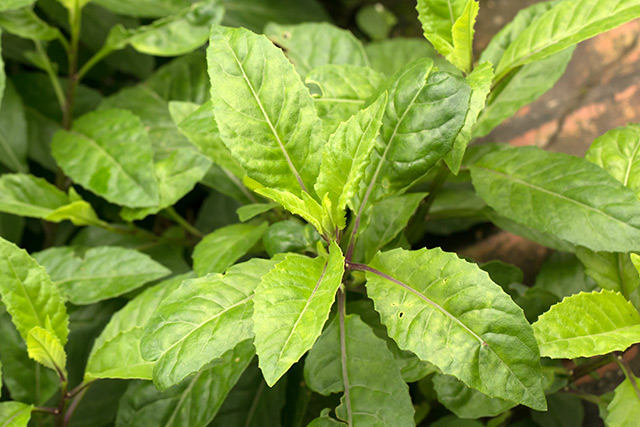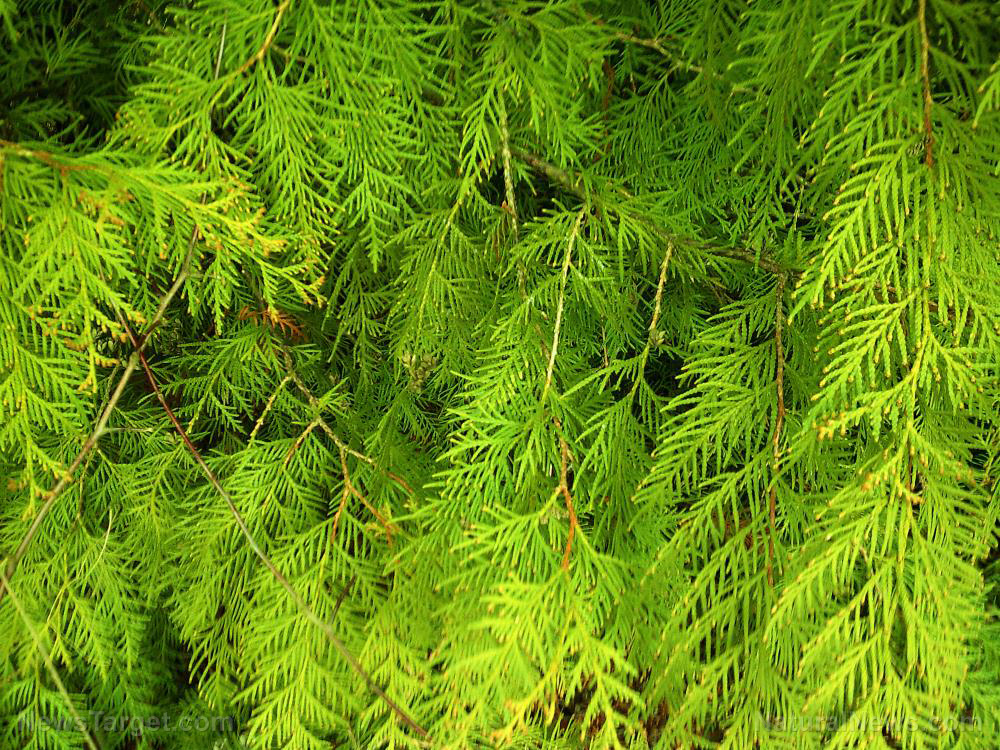Getting to know the tamarack tree and its amazing off-grid uses
02/05/2019 / By Russel Davis

The tamarack tree, in all its weirdness, is actually a highly-efficient tree that can be used in a variety of ways. It is no wonder why Native Americans relied heavily on this tree. Over the years, the tree’s usefulness has gained popularity especially among off-grid enthusiasts and pharmaceutical professionals alike. The tamarack tree is native to North America, with ranges encompassing Canada and the U.S. Tamarack trees are commonly found in the northern Great Lakes region to the Northeast. The tamarack tree is also called American larch or eastern larch. The tree’s name is believed to be of Native American origin. According to theories, the tree’s name could mean either a “snowshoe wood” or “swamp tree.”
Tamarack tree as an off-grid staple
The tamarack tree is a versatile wood that shares ideal qualities of both softwood and hardwood trees. The tamarack’s tree trunk is both strong and supple, making it easy to manipulate. In fact, tamarack trees are heavily used by Native Americans in making snowshoes. The tree is also known to be a lot harder than hardwood trees. The tree has a coarse-grained texture, and can be used in the production of lumber and planks.
The tamarack tree can also be used as sturdy poles and posts, while its pulp wood can be processed into paper. The tamarack tree is also known to be highly-resistant to decay. This makes the tree a common choice in the shipbuilding industry. Perhaps one thing that makes the tree unique is that unlike its softwood relatives, tamarack trees can be used as an efficient fire wood. For off-grid enthusiasts, tamarack trees may serve as a go-to fuel source due to its moderate heat value. The tree matches red maples, and even surpassing aspens as an ideal fire wood source.
The unique tree may also serve as an emergency edible and an excellent source of resin. Survival enthusiasts may try cooking the spring leaf shoots of tamarack trees. The dried bark of the tamarack tree may also be ground up and made into tea. Tamarack tree is known to relieve a lot of ailments including headache, dysentery, common colds and skin ailments. On the other hand, the tree’s resin can be chewed like gum. In addition, the resin can be used on handicrafts.
The many health benefits of tamarack tree
Aside from its off-grid use, tamarack trees are also known for their medicinal value. Tamarack tree extracts are rich in polysaccharides that contain essential ingredients that helps improve the immune system, tissues, and cells. Extracts derived from tamarack trees boost the immune system and fends off free radicals, which in turn may help keep conditions such as common colds and flu in check.
Tamarack tree extracts are also ideal for inflammation, rheumatism, asthma, bronchitis, and diarrhea. These extracts may also help stave off recurrent immune conditions such as viral infections and chronic fatigue. In addition, tamarack tree extracts may help aid in digestion. The extracts are also found to promote the growth of prebiotics. Furthermore, the extracts show potential in addressing loose bowel movement, irritable bowel syndrome and constipation as well as leaky gut and diverticulosis. Extracts derived from tamarack trees are also found to fend off cancer cells. Tamarack tree extracts are known to suppress cancer cells and inhibit them from spreading to other organs.
Find out more about the potential uses of the tamarack tree at OffGrid.news.
Sources include:
Tagged Under: alternative medicine, hardwood, natural cures, natural medicine, off grid, offgrid, prepping, softwood, tamarack trees, tree



















